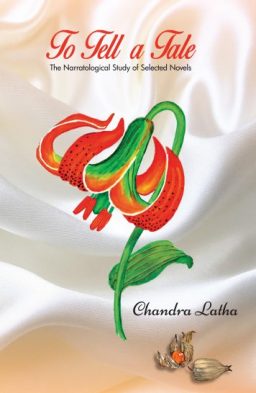To tell a tale-29 (Chapter-7 Last Part)
To tell a tale-29 (Chapter-7 Part-7) -Chandra Latha M.M.Bhakthin explains that “the novel is determined by–experience, knowledge and practice (the future).” This is the equation of the past, present and the future of the novels and the selected novels succeeded aesthetically and attained a kind of universality within the narrated world. Bottom line of all […]
Continue Reading
